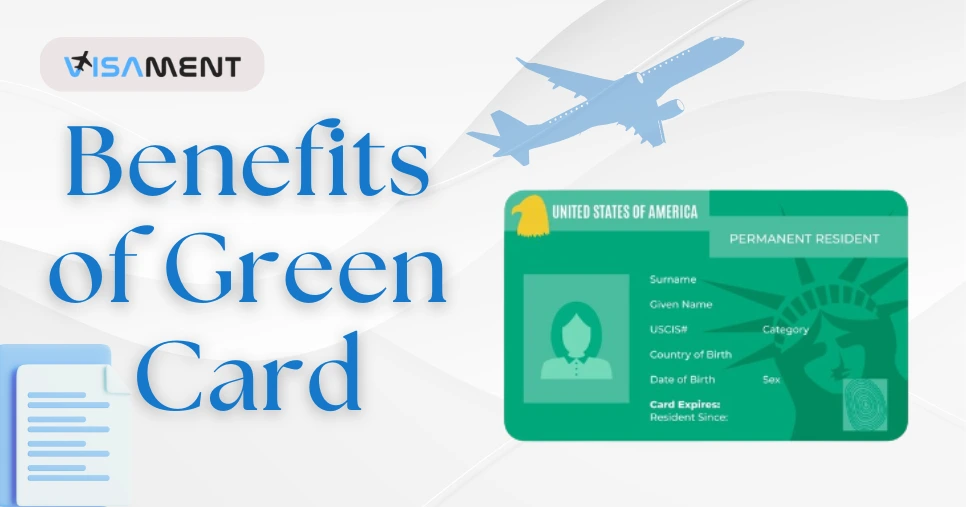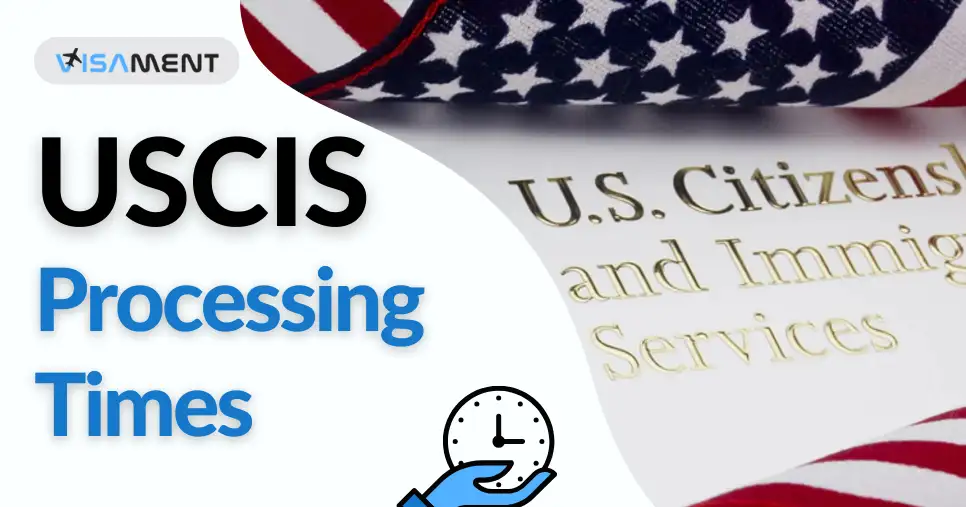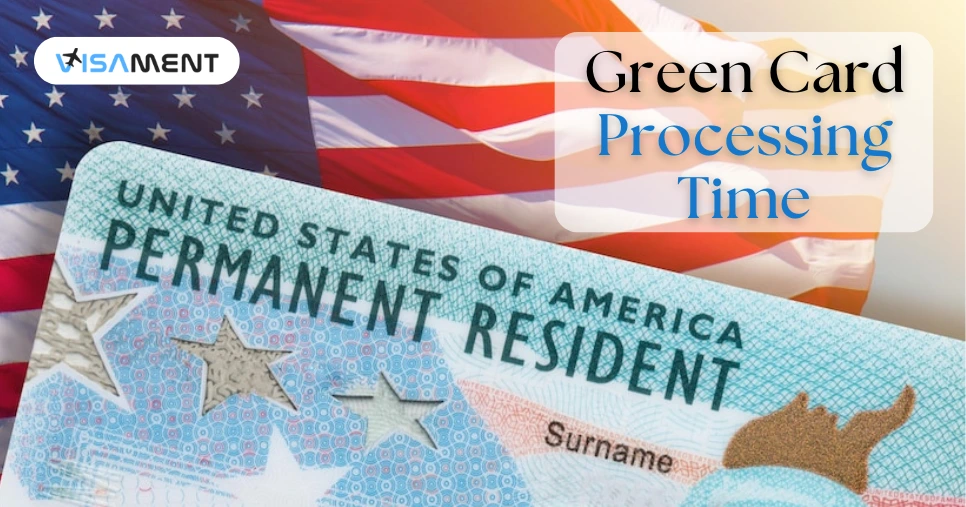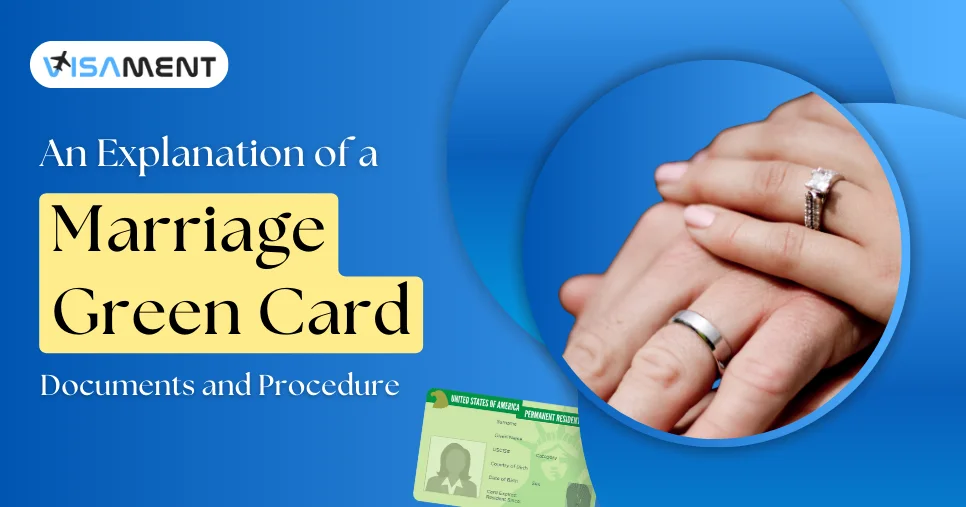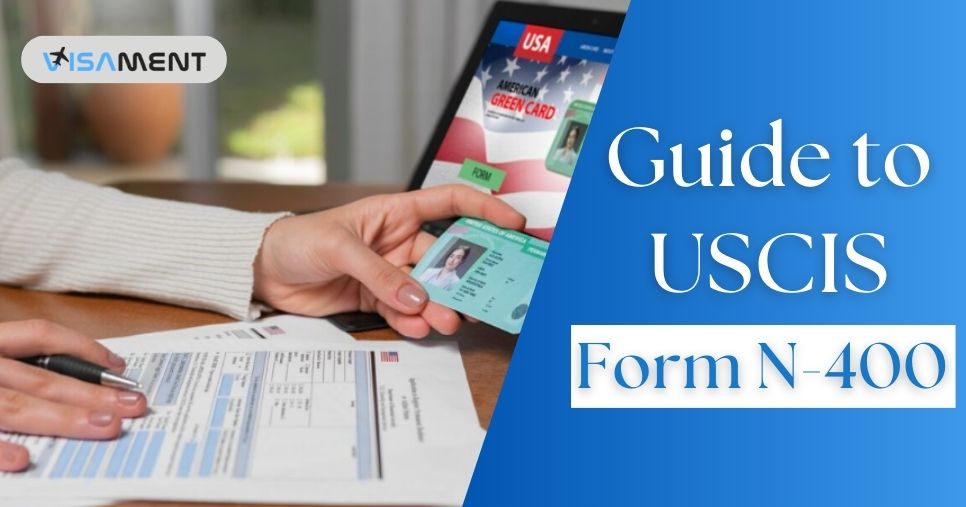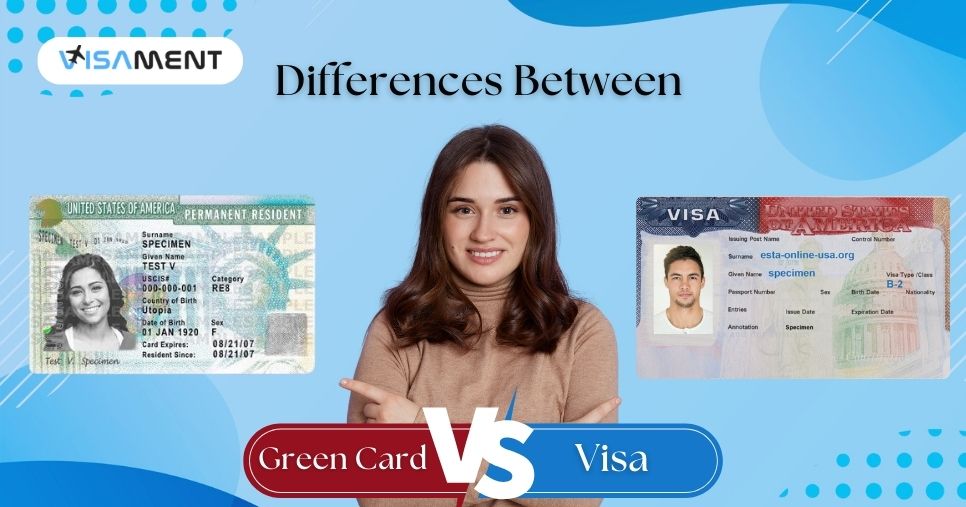- What is Permanent Resident Status?
- What is Citizenship?
- What are the Benefits of a Lawful Permanent Resident?
- What are the Benefits of U.S. Citizenship?
- What are the Responsibilities of a Permanent Resident?
- When can Permanent Residents Apply for U.S. Citizenship?
- Can I Lose my Permanent Residence?
- Final Words
A cis a person who has the right to stay in the US for an indefinite time. Whereas cmeans the higher status of an individual in a country.
When an individual moves to a new country, they come across new terms, such as Permanent Resident and Citizen. Both terms allow the individual to live in the country, but they have different responsibilities and rights.
In this blog, we are going to see the difference between a permanent resident and a citizen with their benefits.
What is Permanent Resident Status?
A Lawful permanent resident refers to a person who has the right to live in the US for an indefinite time. It includes the right to live, work, or study with access to various social services, and permanent resident continue to enjoy their citizenship of another country.
Permanent residents receive an Alien Registration card, which is also known as a Green Card. With this card, you can apply for a Social Security card, and it is also helpful to prove your employment or job eligibility.
What is Citizenship?
Citizenship is the highest legal status of a country, which offers benefits, rights, responsibilities, and privileges to an individual. As compared to a permanent resident, citizenship can be obtained through birth, naturalization, or descent.
What are the Benefits of a Lawful Permanent Resident?
A Permanent resident offers various benefits, which are:
- Permanent residents are allowed to work, study, or live in the country as long as they want to. They need to renew their residency status every 10 years to continue living in the country.
- Through the Permanent resident status, they get the right to work or study in the country and have all the freedom without any additional permits. However, jobs in security clearance and government office jobs can be restricted to citizens.
- Permanent residents have access to various social services, such as social welfare programs, education, and healthcare.
- They are allowed to travel freely in the country, but have restrictions on international travel.
- To travel internationally, they need to apply for a passport with a Permanent resident card to re-enter their home country after traveling abroad.
- Permanent residents can apply for citizenship after meeting the eligibility criteria to live in the country for a specific time period and passing the citizenship test.
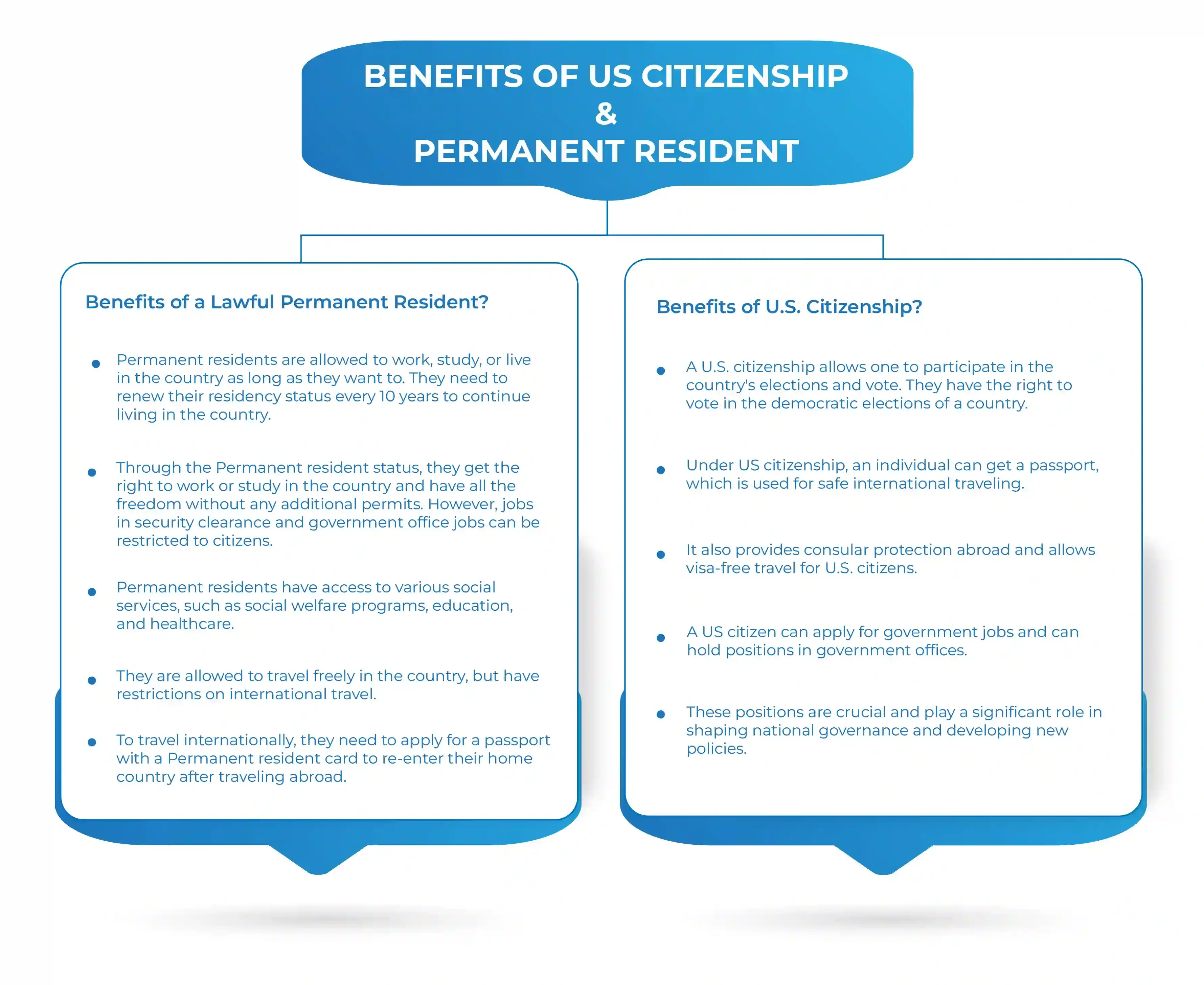
What are the Benefits of U.S. Citizenship?
Having a citizenship of a country unlocks many benefits, like:
- A U.S. citizenship allows one to participate in the country's elections and vote. They have the right to vote in the democratic elections of a country.
- Under US citizenship, an individual can get a passport, which is used for safe international traveling.
- It also provides consular protection abroad and allows visa-free travel for U.S. citizens.
- A US citizen can apply for government jobs and can hold positions in government offices.
- These positions are crucial and play a significant role in shaping national governance and developing new policies.
- A US citizen can easily enter or leave the country whenever he or she wants.
- Citizens can help their family members to get permanent residency and citizenship in their country by sponsoring.
- Citizens can serve in the military services.
What are the Responsibilities of a Permanent Resident?
- You should always file a U.S. Income tax return as a permanent resident to the U.S. Internal Revenue Service and State Tax Authorities.
- Follow all the rules, regulations, and laws of the U.S. State.
- If you are a male between the ages of 18-25, you need to register for select services.
- Always supports the U.S. democratic form of government.
- If you have made any changes to the address, then you need to notify the USCIS by filling out Form AR-11.
When can Permanent Residents Apply for U.S. Citizenship?
If a Permanent resident has lived in the US for more than 5 years, they can apply for US citizenship through the naturalization process by filling out the application form N-400.
Here are some of the general eligibility requirements given below to apply for U.S. citizenship:
- A US citizen must be minimum 18 years old, and submit Form N-400, which is an application for Naturalization.
- A US citizen must be a lawfully permanent resident of the United States for a minimum of 5 years.
- Provide proof of living in the US for 5 years before filing out Form N-400.
- To apply for U.S. Citizenship, you must be present in US for the last 30 months before filing out Form N-400.
- A US citizen should be able to read, write, and speak basic English.
Can I Lose my Permanent Residence?
Yes, you can lose your permanent resident status if you have violated the US state laws or committed a criminal act. In that situation, you can be placed in removal proceedings and forced to leave the country.
If you stay outside the US for more than 6 months extended period, then you can lose your U.S. permanent residency status.
To overcome this situation, you can also apply for a re-entry permit before your travel. It will not guarantee your entry, but it can help you get your permanent residency in the US. This reentry permit is valid only for 2 years from the date of issuance.
Stop worrying about delays. Apply now and get Indian Counsellor Services.
Chat NowFinal Words
Permanent resident and citizenship both allow an individual to live in a country, but with different laws, rights, and privileges.
As we have seen, permanent resident offers individuals a long-term stay in the country with an indefinite period, but they need to renew their green card every 10 years.
Whereas, citizenship allows individuals many rights, like the right to vote, work, study, apply for jobs in government offices, and get the opportunity to serve in the military.
To get more information about permanent residents or U.S. citizenship, you can visit the USCIS website or consult with a Visament expert through the online website.
Frequently Asked Questions
No, a green card is not the same as citizenship
No right to vote, No automatic extension, Non-transferrable, Expiration, Deportation, and Lower priority for sponsoring family are some of the disadvantages of having a green card.
It generally takes 3 to 5 years to become eligible for US citizenship after you have taken your green card.
Green card's validity is 10 years.
No, the U.S. government prohibits citizens from taking away their green cards.
No, U.S. tax residents are taxed in the same manner as U.S. citizens on their worldwide income.
No, with a green card you cannot get the citizenship of US. A green card is only issued to a lawful permanent resident of the US, and they can apply for US citizenship using the naturalization process, by filling out application form N-400.
No, a permanent resident is not a U.S. citizen until he or she completes the naturalization process. Once they fill out the N-400 application form, they can become US citizens.
If you are a permanent resident in the US, then you cannot vote in the US elections.
Yes, a US permanent resident can travel outside the US, and they will need a valid Alien Registration card to return to the U.S. Additionally, a permanent resident should have a valid passport of another country.
If your green card expires, then you can apply for the renewal of your green card by filling out the form I-190 from the USCIS website up to six months before the expiry of your Alien Registration Card.
Yes, a permanent resident can sponsor their family members and help them obtain permanent residence and live in the US. If your members are considered relatives, then it will result in a limited number of immigrant visas, and they have to wait about a year to enter the US or get a green card.
No, generally, there is no way that you can expedite the naturalization application. However, for permanent residents and US citizens, there is an application process for expedited naturalization.


